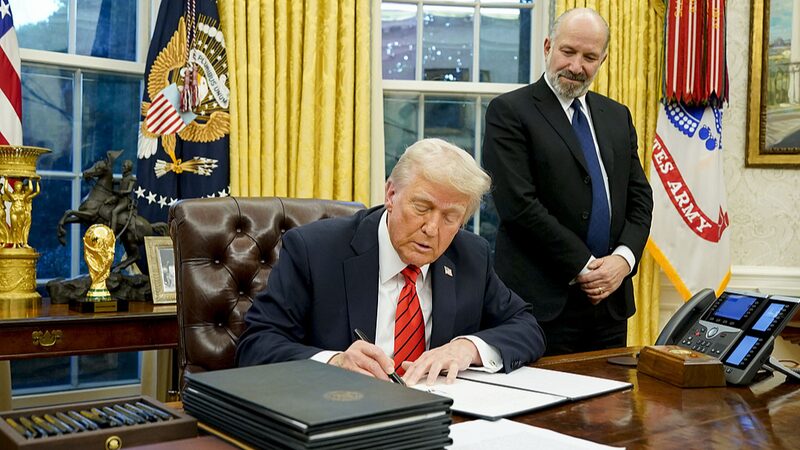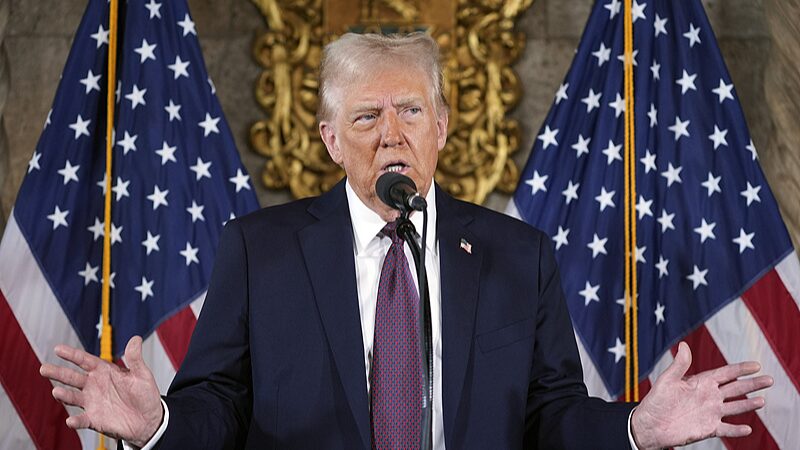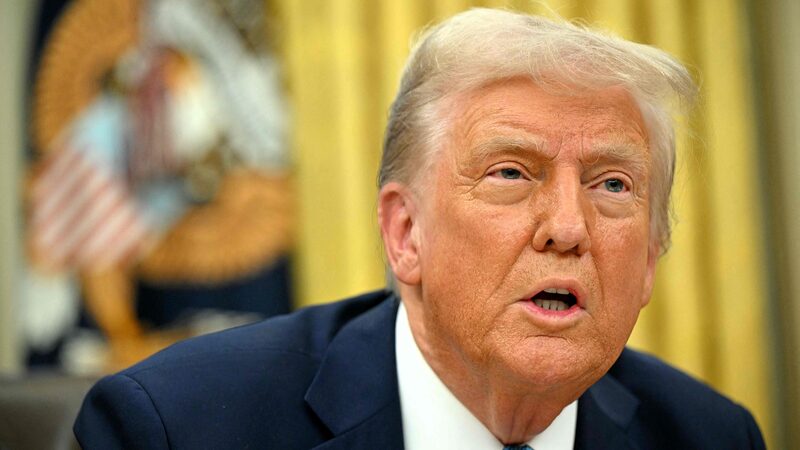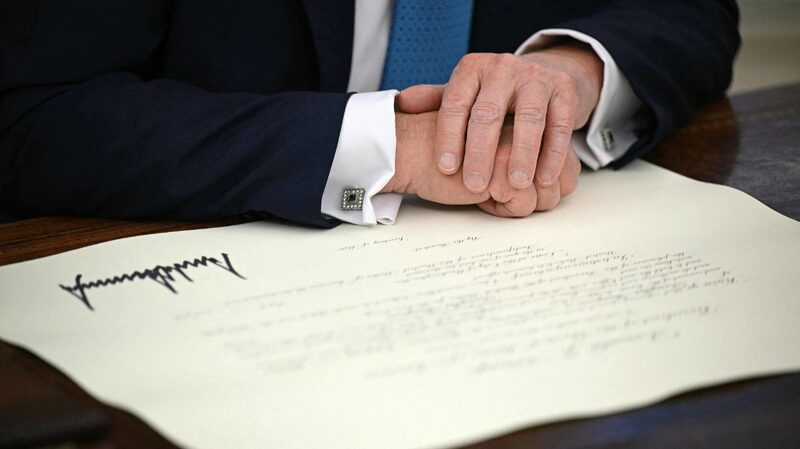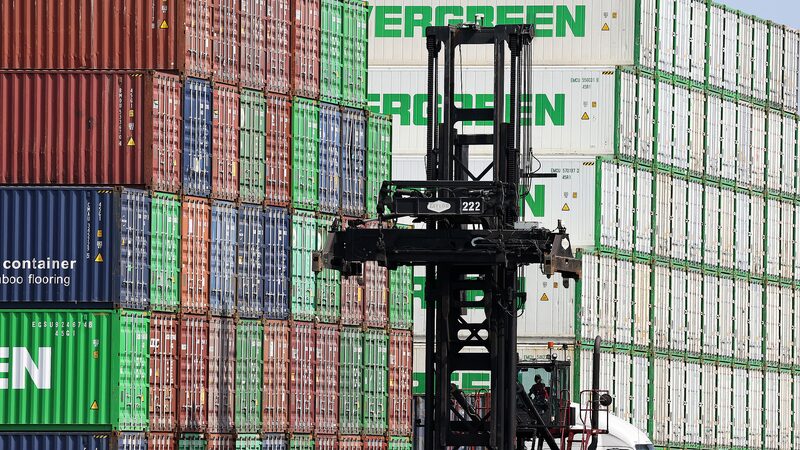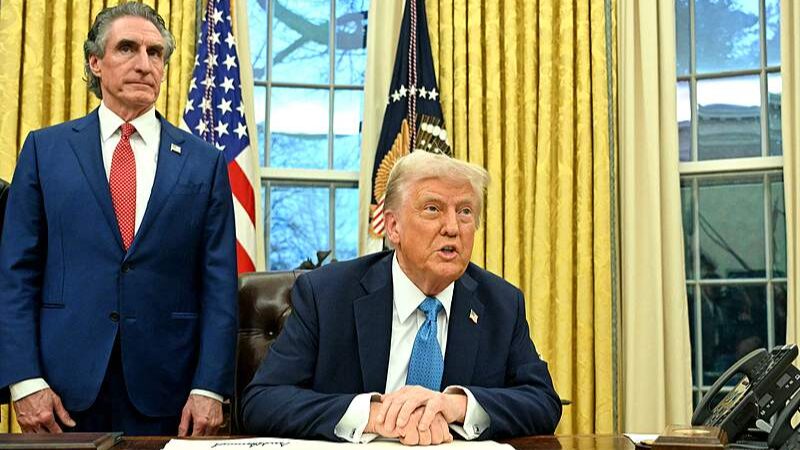U.S. President Donald Trump signed an executive order on Monday to increase tariffs on steel and aluminum imports to 25 percent. This move has sparked widespread outrage and led to retaliatory measures from major trading partners, including the European Union, Canada, and Mexico.
The new tariffs are set to take effect on March 4 and will be implemented \"without exceptions or exemptions,\" Trump stated to reporters. However, he mentioned that he would give \"great consideration\" to Australia's request for an exemption due to that country's trade deficit with the U.S.
In addition to the tariffs, Trump announced a new North American standard requiring steel imports to be \"melted and poured\" and aluminum to be \"smelted and cast\" within the region. This initiative aims to curb U.S. imports of minimally processed metals from other countries that circumvent existing tariffs.
The executive order also extends the tariffs to downstream products that use foreign-made steel, including fabricated structural steel, aluminum extrusions, and steel strand for pre-stressed concrete, according to a White House official.
During the signing ceremony at the White House, Trump indicated that he would follow up Monday's action with announcements about reciprocal tariffs on all countries imposing duties on U.S. goods within the next two days. He also mentioned potential tariffs on cars, semiconductor chips, and pharmaceuticals.
This is not the first time Trump has implemented such measures. In 2018, his administration announced 25 percent tariffs on steel and 10 percent tariffs on aluminum imports from Canada, Mexico, and the EU, which led to swift retaliations. Brussels responded with countermeasures on U.S. goods, including whiskey, motorcycles, and orange juice.
In 2019, Trump lifted the tariffs on Canada and Mexico, although the EU import taxes remained until 2021. These tariffs had increased costs for U.S. car manufacturers and makers of fizzy drinks that use aluminum in their cans, ultimately passing the costs on to consumers, according to a report from the think tank Tax Foundation.
Reference(s):
Trump raises tariffs on aluminum, steel, sparking widespread outrage
cgtn.com
